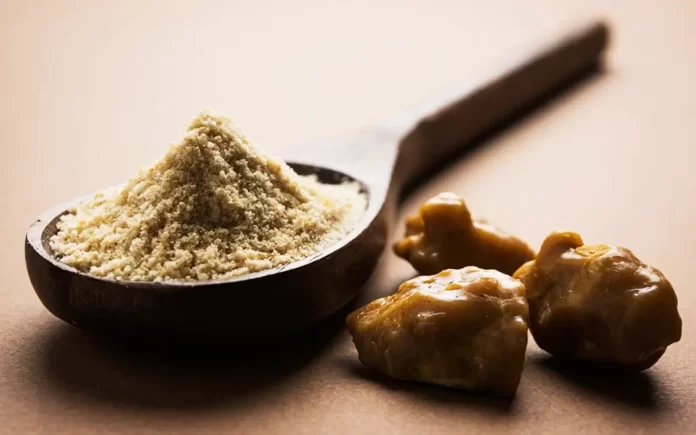Hing, also known as asafoetida, has been treasured for centuries in culinary and medicinal practices across various cultures. Derived from the resin of the Ferula plant, this pungent spice boasts a plethora of health benefits. Beyond its distinctive flavor enhancement in dishes, hing offers a range of therapeutic properties that contribute to overall well-being. Let’s delve into the remarkable benefits of incorporating hing into your diet.
Digestive Health
One of the most renowned benefits of hing lies in its ability to promote digestive health. It aids in alleviating common digestive discomforts such as bloating, gas, and indigestion. Hing contains compounds that stimulate the secretion of digestive enzymes, facilitating the breakdown of food and easing the digestive process. Whether added to lentil dishes, vegetables, or soups, hing acts as a natural remedy for gastrointestinal issues, promoting comfort and regularity after meals.
Read More: Raisins: Nature’s Little Superfood for Your Health and Wellness
Anti-inflammatory Properties
Inflammation is a common underlying factor in many chronic health conditions, including arthritis and inflammatory bowel diseases. Hing possesses potent anti-inflammatory properties attributed to its sulfur compounds. These compounds help reduce inflammation in the body, providing relief from pain and swelling associated with inflammatory conditions. Incorporating hing into your diet may help mitigate inflammation and support overall joint and gut health.
Respiratory Health
Traditionally used in Ayurvedic medicine to treat respiratory ailments, hing offers notable benefits for respiratory health. It acts as a natural expectorant, helping to relieve congestion and cough. The anti-inflammatory properties of hing also play a role in soothing irritated airways. Adding a pinch of hing to warm water or herbal teas can provide respiratory relief during colds, allergies, or respiratory infections.
Read More: Nature’s Candy: The Nutritional Treasure Trove of Dates
Blood Pressure Regulation
Maintaining healthy blood pressure levels is crucial for cardiovascular health. Hing contains compounds that exhibit hypotensive effects, helping to regulate blood pressure. By promoting vasodilation and improving blood flow, hing supports cardiovascular function and reduces the risk of hypertension-related complications. Including hing in your diet may contribute to better heart health and overall well-being.
Antimicrobial and Antioxidant Activity
Hing possesses antimicrobial properties, making it effective against various pathogens, including bacteria and fungi. Its antioxidant compounds scavenge free radicals, protecting cells from oxidative damage and reducing the risk of chronic diseases such as cancer and cardiovascular disease. By bolstering the immune system and combating oxidative stress, hing enhances overall health and longevity.
Read More: Jaggery or Sugar | Which Offers the Greatest Health Benefits?
Hing, or asafoetida, is more than just a culinary spice – it’s a powerhouse of health-promoting properties. From aiding digestion and reducing inflammation to supporting respiratory health and regulating blood pressure, the benefits of hing are vast and significant. Whether used in cooking or as a natural remedy, incorporating hing into your daily routine can contribute to improved health and well-being. Embrace the versatility and goodness of hing and unlock its potential to enrich your life.



